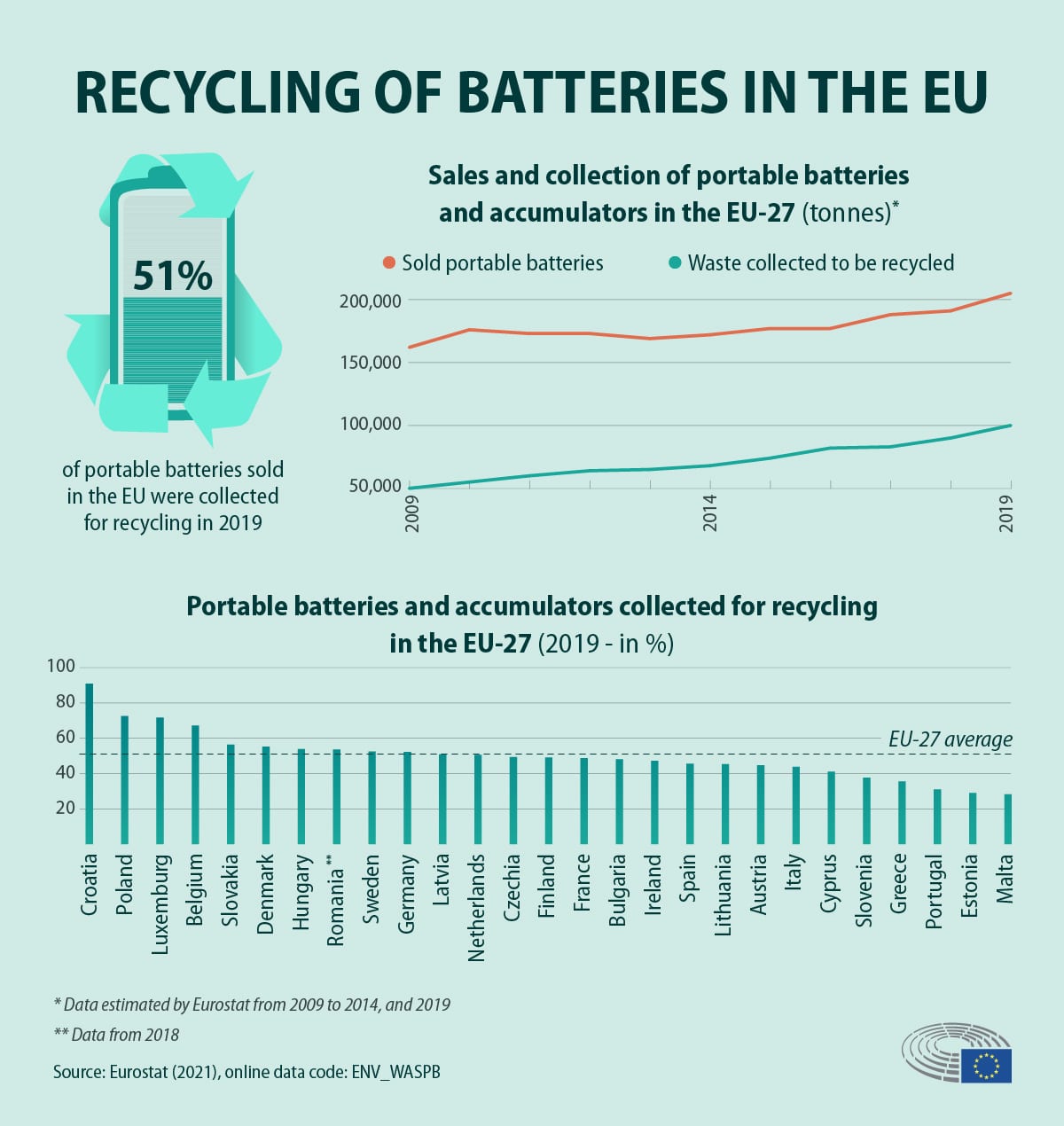New cars must comply with a 100% cut in emissions by 2035 and a 55% cut by 2030 compared with 2021 levels. The final deal includes some flexibility for smaller carmakers, who can negotiate weaker emission-reduction targets until 2036.
—
In another major climate win, the European Parliament on Tuesday approved new CO2 emission-reduction targets for gas-powered cars and light commercial vehicles. The legislation sets the path toward zero emissions by introducing a ban on new petrol and diesel car sales from 2035, with intermediate emissions reduction targets for 2030 set at 55% for cars and 50% for vans.
The new law, which was formally approved on Tuesday after the EU Parliament and Council’s reached an agreement last October, marks an important step in adopting the ‘Fit for 55’ legislative proposal advanced by the European Commission last year – the EU’s plan for green transition that aims to bring legislation in line with the 55% reduction goal by 2030 compared to 1990 levels.
Car manufacturers producing less than 10,000 cars or less than 22,000 vans a year are eligible for a derogation until the end of 2035.
“This regulation […] contains an ambitious revision of the targets for 2030 and a zero-emission target for 2035, which is crucial to reach climate neutrality by 2050,” said MEP Jan Huitema.
“Purchasing and driving zero-emission cars will become cheaper for consumers and a second-hand market will emerge more quickly. It makes sustainable driving accessible to everyone.”
The EU is effectively the world’s first region to go all-electric in a bid to achieve its ambitious carbon neutrality target by 2050 and slash demand for imported fossil fuels amid the energy crisis. Similar legislations were recently adopted by California and the State of New York, as both US states announced that they will ban the sales of gas-powered cars by 2035.
“With this vote, EU citizens can drive clean, affordable cars,” said EU climate policy chief Frans Timmermans. “The global transition is happening, and [the] EU car industry is ready to lead it.”
The new law now needs to be formally endorsed by the European Council, which is expected to do so in March, before it officially comes into effect.
On Tuesday, the European Commission also advanced tougher CO2 emission-reduction targets for heavy vehicles, requiring new trucks to cut emissions by 90% by 2040 and all new city buses to be carbon neutral from 2030. Intermediary targets are set at 45% by 2030 and 56% by 2035.
The proposal disappointed campaigners, who warn that CO2-emitting trucks registered in 2040 would still be on the road well after 2050, the year in which the bloc is expected to effectively achieve net-zero emissions.
Timmermans justified the decision by saying that it is still uncertain when zero-emission technologies would be available for all trucks, adding that the EU will “eventually have to move to a 100% target.”

Recycling rate for portable batteries and accumulators for each EU country. Image by European Parliament.
Some 30 million electric vehicles are forecast to be on EU roads by 2030 and while they are expected to significantly cut emissions from the transport sector, the European Parliament is working on updating its battery directive “to ensure that all batteries can be repurposed, remanufactured or recycled at the end of their life.” The Directive would prohibit the marketing of batteries containing some hazardous substances, regulate collection and recycling, and set out provisions on the labelling of batteries and their removability from equipment.
You might also like: Why Electric Cars Are Better for the Environment
EO’s Position: The electrification of vehicles is undoubtedly a crucial part of the net-zero equation. While it is good to boost electric cars, in order to make a difference, we will need to electrify the whole transport sector. To make sure that EVs can be implemented as a strategy to reach carbon neutrality, governments will need to address some of the issues that the sector still has by developing strong mining and battery disposal regulations. While the production of electric vehicles is still very much in its infancy when compared to gas engines, with the right policies, its role in decarbonisation will become increasingly pivotal.


















